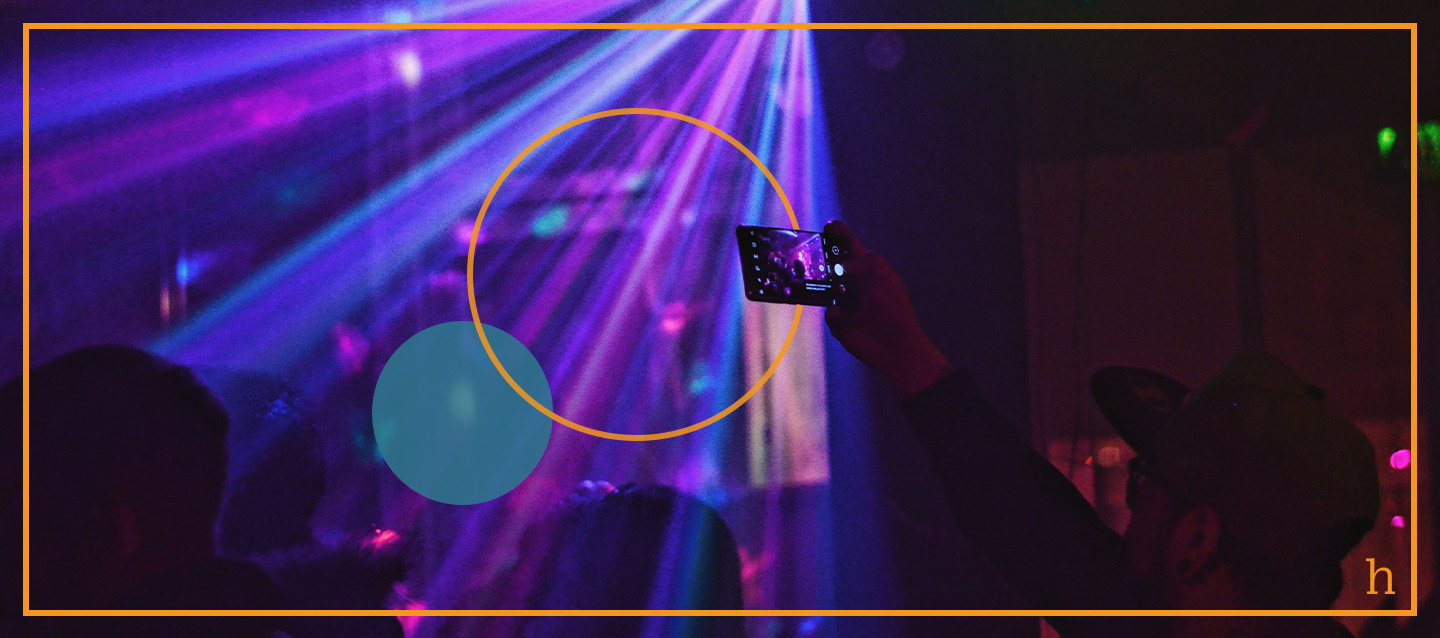In today's constantly connected world, this is quite common. Thanks to platforms like social media, we can practically witness someone else's entire day alongside them. It's no wonder that many of us develop a feeling of familiarity with the strangers we see on our screens. This phenomenon is captured by the term "parasocial relationship," which aims to describe and categorize this very sensation. A parasocial relationship refers to a one-sided connection where one party invests time and energy into another person, while the person being invested in is unaware of their existence. It's easy to experience this kind of dynamic with celebrities, influencers, and even acquaintances of friends whom we have never met or spoken to.
Are parasocial relationships healthy?
Now, it may initially seem problematic to invest time, energy, emotions, and more into someone completely oblivious to your existence, let alone your appearance or unique quirks. That being said, parasocial relationships can be beneficial. Individuals engaging in such relationships are susceptible to being influenced by the person they are extending all this energy towards. If that person chooses to open up about their struggles with mental health, physical health, and so on, it can contribute to breaking down stigmas. Suddenly, what one might have considered “abnormal” or “crazy” becomes normalized as part of the human experience. In turn, this can eventually aid in reducing biases and prejudice, too.
Celebrities (just like anyone else!) can lead by example and inspire positive change in the world. They can do so through advocacy work, charitable donations, random acts of kindness, and more. Additionally, parasocial relationships have the potential to bring people together. If you and a stranger both share a parasocial connection with the same person, it serves as a common ground that can foster a sense of closeness between the two of you. Suddenly, two strangers find themselves connected and sharing something in common. This connection has the potential to develop into a beautiful relationship or friendship. In this way, parasocial relationships might help make the world less isolating, even though the other human in this “relationship” doesn’t even know who you are.
When parasocial relationships cause problems?
Despite their benefits, parasocial relationships also carry the potential for negativity and harm. Just as someone can have a positive influence, their influence can have detrimental effects on our lives. We may find ourselves yearning for what they have, without realizing the deeper struggles they may be facing or the deliberate concealment of certain aspects of their lives. With only a partial understanding of the larger picture, it can fuel negative self-esteem, as we feel inadequate in comparison.
We might also compare our friends, family, and colleagues to those with whom we have parasocial relationships, knowing they will never measure up to that idealized standard. Consequently, this can strain our real relationships with people who genuinely care and value us. In the worst cases, parasocial relationships can lead to an unhealthy obsession and fanatical behavior.
As with anything, parasocial relationships can be both good and bad. It’s important to remind ourselves that, despite feeling like we know these people, we only get a glimpse into the parts of their lives and personalities that they choose to share with us. We don’t have an accurate depiction of who they are – they’re still strangers at the end of the day.

